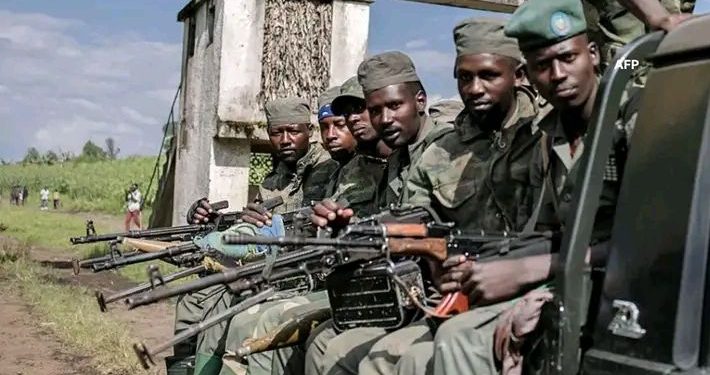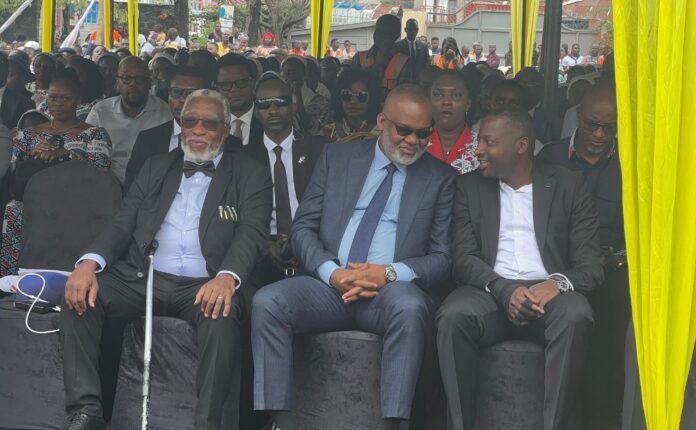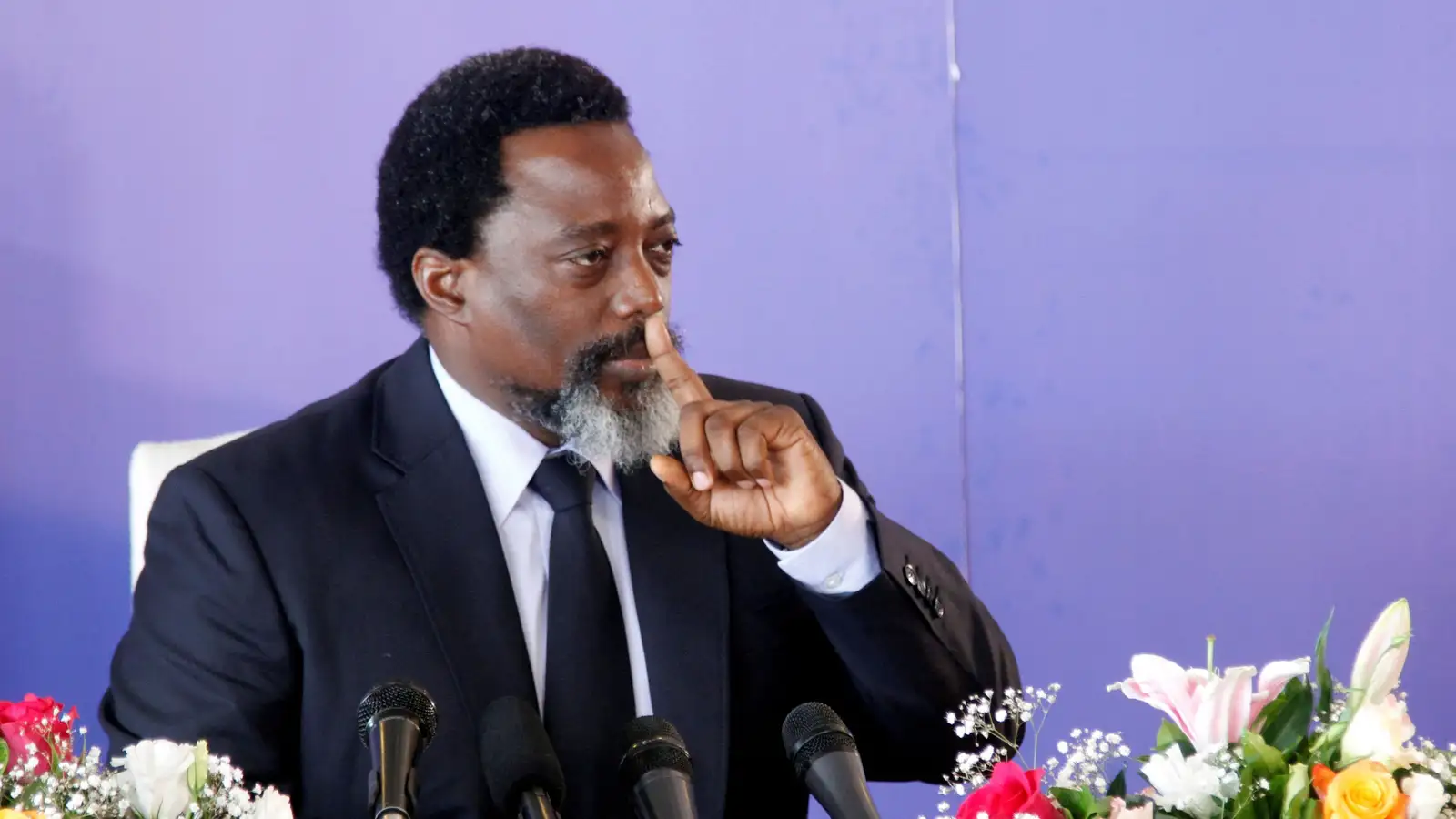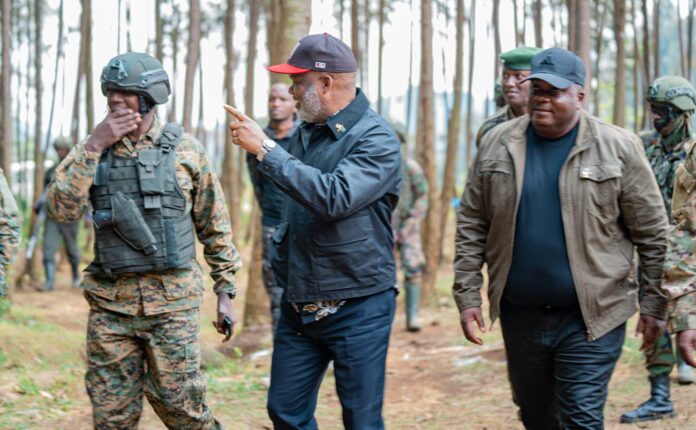The Alliance Fleuve Congo (AFC), a coalition of political and military groups that includes the M23 movement, has announced that the time has come to liberate the residents of Bukavu in South Kivu. They claim that these residents are being killed by the Armed Forces of the Democratic Republic of the Congo (FARDC) and armed groups allied with them, such as the FDLR and Wazalendo.
Note: Company, Blog, Church websites are free.
This announcement was made in a statement released by the AFC on the evening of February 10, 2025. The statement begins by declaring:
“The AFC/M23 coalition is determined to go and liberate the people of Bukavu if nothing is done to stop the atrocities being committed against them.”
The statement alleges that the killings taking place in Bukavu and its surroundings are being carried out by FARDC forces and their allies, specifically naming the FDLR and Wazalendo.
“These atrocities are being committed by government forces (FARDC) and their accomplices, “the statement asserts.
The AFC further claims that they have heard the cries of the people who are being killed and looted by security forces that are supposed to protect them.
Because of this, the AFC/M23 coalition is calling for an immediate end to these acts of violence. If the situation does not improve, they say they will step in to assist the people of Bukavu, which is considered the capital of South Kivu province.
“We, the AFC/M23, demand that these acts of violence stop immediately. If they do not, we will step in to support and protect the population,” the statement reads.
On Sunday, residents near Bukavu gave the FARDC forces 48 hours to leave the city. They accuse them of killing nine people in Katana and other areas near the small town of Kavumu.
Meanwhile, fighting continues between the M23 and government-allied forces, particularly in the Kalehe zone of South Kivu.



